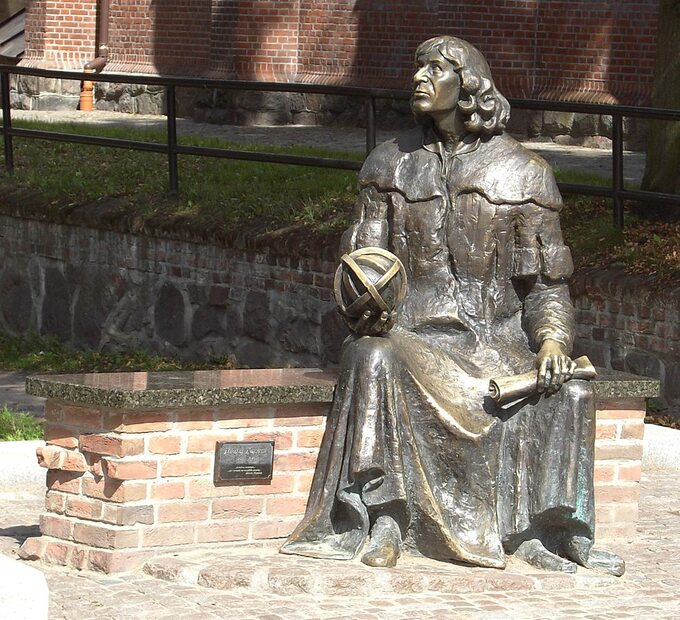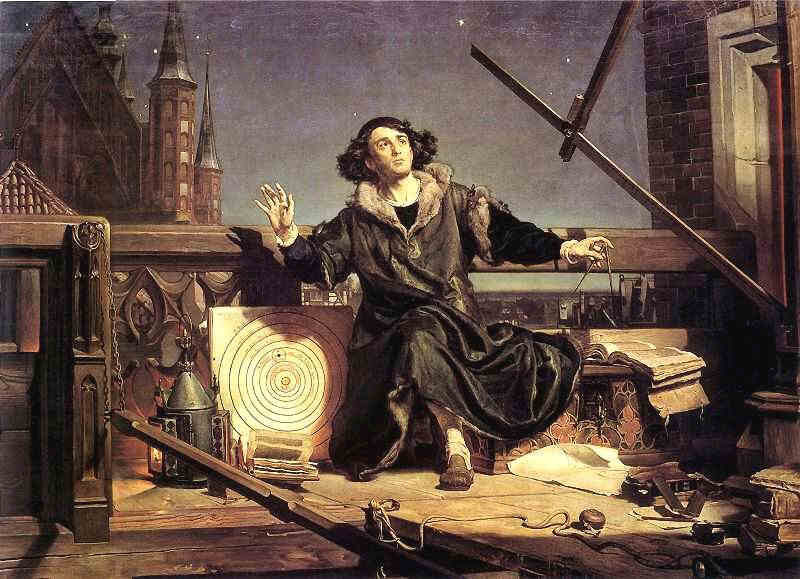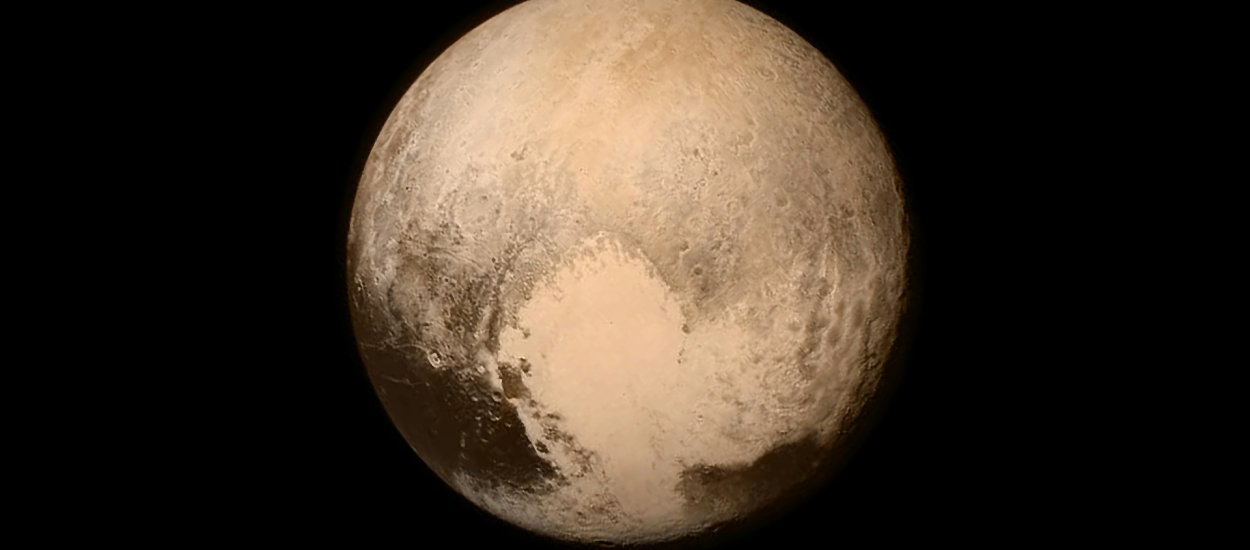Nicholas Copernicus was born on February 19, 1473 in Torun. His father was Mikowaj, and his mother was Barbara née Watzenrode. Mikowaj had a brother and two sisters. The Copernican family probably came from Krakow. The father of the future astronomer was a prominent merchant in Krakow who moved to Toru around 1458 and raised a family there.
For years, from time to time, there were discussions about the nationality of Nicholas Copernicus. Of course, when describing the history of the XV-XVI centuries, it is difficult to talk about “nations” in the modern sense. Copernicus, although he spoke German on a daily basis, was almost certain to know Latin and Polish, he was also a subject of the Polish king.
Youth and Copernicus Education
Copernicus initially studied at St. Peter’s Basilica. Janów in Toruń, later moved to Włocławek. In 1491, Mikowaj and his brother Andrzej began their studies at the Krakow Academy, where they studied under the tutelage of the most prominent mathematicians and astronomers of the time. At that time Mikowaj was ordained a minor priest and in 1495 became the canon of Larmia, but most likely took office only two years later.
In 1495, brothers Mikowaj and Andre left for Italy to continue their studies. They studied at the University of Bologna. Mikowaj was educated in various fields, incl. Mathematics, astronomy, geography, art, and law. In 1500, he stayed briefly in Rome, and a year later, after obtaining the approval of the Warmian branch, he began to study medicine and Greek philology at another Italian university – the University of Padua. He defended his doctorate in canon law in 1503 at the University of Ferrara
Professional life
Copernicus returned to Poland in the middle of 1503 and took up his duties as a jurist. Four years later, he was sent to Lidzbark, where he accompanied his uncle, ukasz Watzenrode, Bishop of Warmia. Mikowaj participated in many diplomatic missions, including. To Royal Prussia. He was also present at the coronation of old Sigismund at Wawel in January 1507. While staying in Leedspark, Copernicus prepared maps of Prussia and Warmia and began translating the letters of Theophylact Simukata from Greek.

At about this time Mikowaj’s uncle offered him the position of Bishop of Warmian, but Copernicus refused, stating that he wanted to devote the rest of his life to science. Perhaps this was the reason for the conflict between him and Watzenrode. Soon, Copernicus left for Frombork, where he became chancellor of the chapter, which he was until 1512. After his resignation, he became manager of the branch property and moved to Olsztyn, which became its headquarters for the following years.
During the Polish-Teutonic War of 1519-1521, Nicholas Copernicus participated in negotiations with the Teutonic Order. In January 1520 – when he was at Frombork – the town was attacked by the Teutonic Knights. In the following months, Copernicus was responsible for the defense of castles and warm towns against the Teutonic army. In the same year, Copernicus participated in leading the defense of Olsztyn against the Teutonic Knights. The city was saved.
Copernicus became chancellor of the Warmian chapter again in the years 1524-1525 and later in 1529. He was also a member of the Warmian sejmik, where he condemned the Reformation.
World
Copernicus could devote himself to scientific work especially during his stay in Frombork, where he went back to the beginning of the 1920s, apart from performing administrative duties and conducting scientific research, Copernicus also worked as a physician.
At that time, Copernicus began writing a work in the field of astronomy, and also formulated the heliocentric theory, saying that the sun is the center of our system, and the Earth and other planets revolve around it. The Copernican theory soon became known in Germany. At the end of 1542, Copernicus published his greatest work in Wittenberg, “De Revolutionibus orbium coelestium” (“On the Revolutions of the Heavenly Spheres”).

At the end of the same year, Nicholas Copernicus suffered a stroke, which left him partially paralyzed and lost his speech. Apparently, the day before his death, his book and the works of his life reached Copernicus. Nicholas Copernicus died in the second half of May 1543 in Frombork.
Nicholas Copernicus lived very modestly throughout his life. Nevertheless, he collected many valuable books, which, after his death, found their way into the collection of the Warmia chapter. Unfortunately, this library was looted by the Swedes in 1626. The Copernican volumes are currently stored at Uppsala University.
It was believed that Nicholas Copernicus was buried in Frombork, but his grave has not been identified for years. The burial place of the famous astronomer was not found until 2005. In all likelihood, Copernicus was buried in the cathedral in Frombork. After an examination of the remains, Nicholas Copernicus was reburied on February 19, 2010.
In 2021, Jan Matejko’s painting “The Astronomer Copernicus, or The Conversation with God” (painted in 1873) was exhibited at the National Gallery in London. It has been the most viewed work on display at the UK’s largest gallery in recent months.
Read also:
Temples of Knowledge. Eight of the most beautiful libraries of antiquity and the Middle AgesRead also:
Ernst Malinowski. Brilliant engineer, inventor of the Trans-Andean RailwayRead also:
Jan Kobari. Ethnographer, pioneer, traveler. Fantastic CV

Echo Richards embodies a personality that is a delightful contradiction: a humble musicaholic who never brags about her expansive knowledge of both classic and contemporary tunes. Infuriatingly modest, one would never know from a mere conversation how deeply entrenched she is in the world of music. This passion seamlessly translates into her problem-solving skills, with Echo often drawing inspiration from melodies and rhythms. A voracious reader, she dives deep into literature, using stories to influence her own hardcore writing. Her spirited advocacy for alcohol isn’t about mere indulgence, but about celebrating life’s poignant moments.










